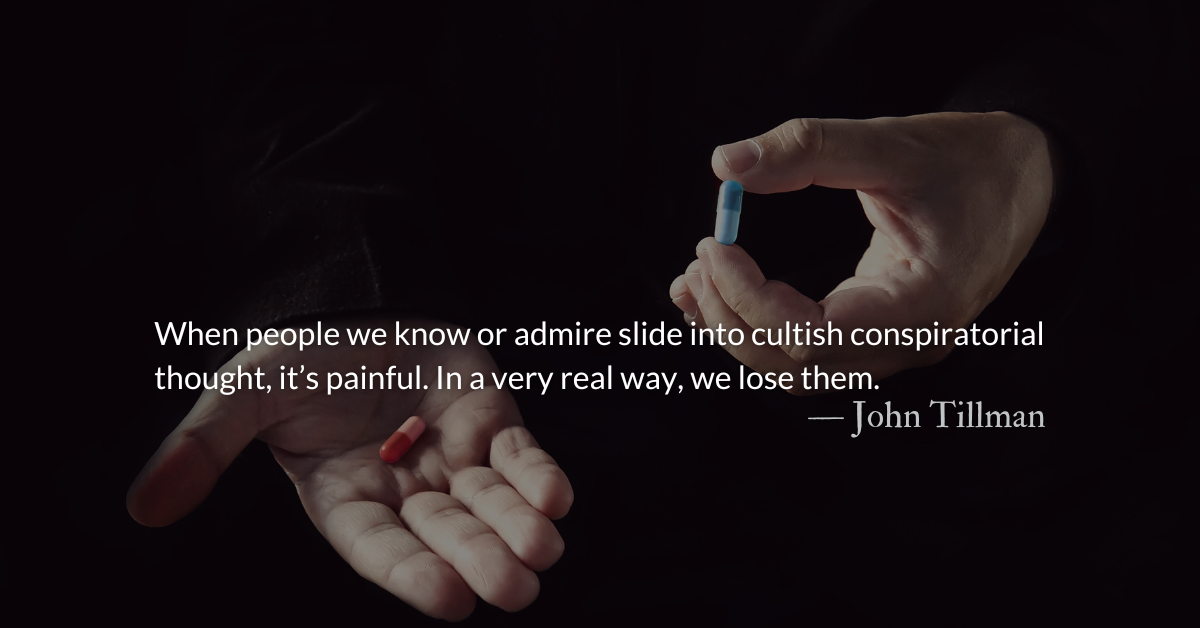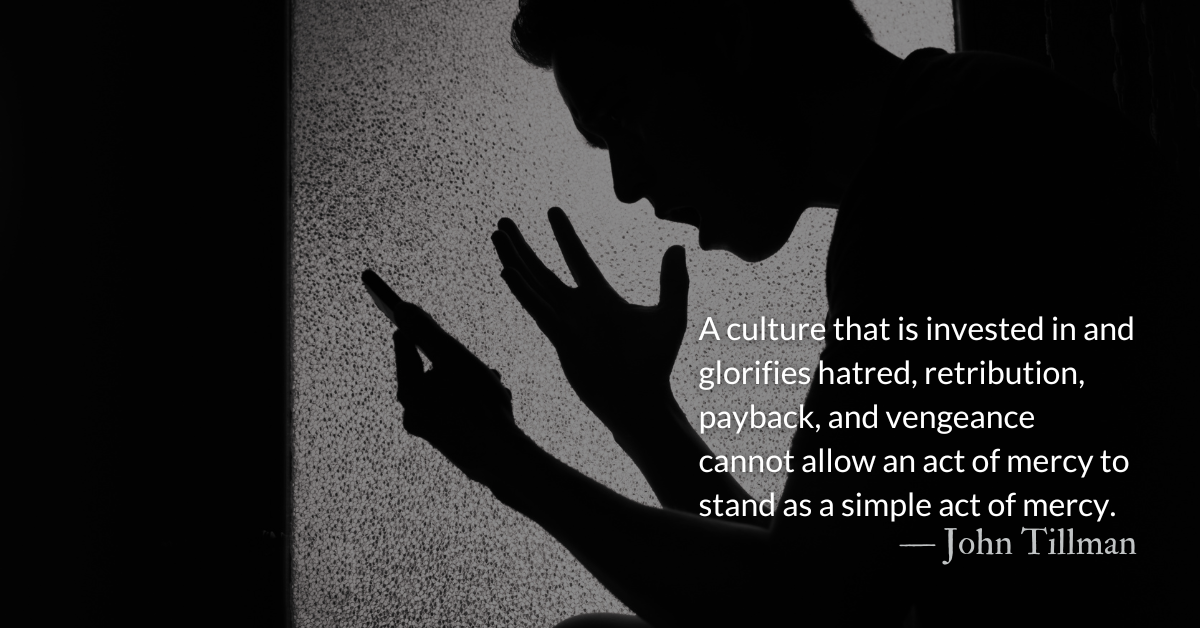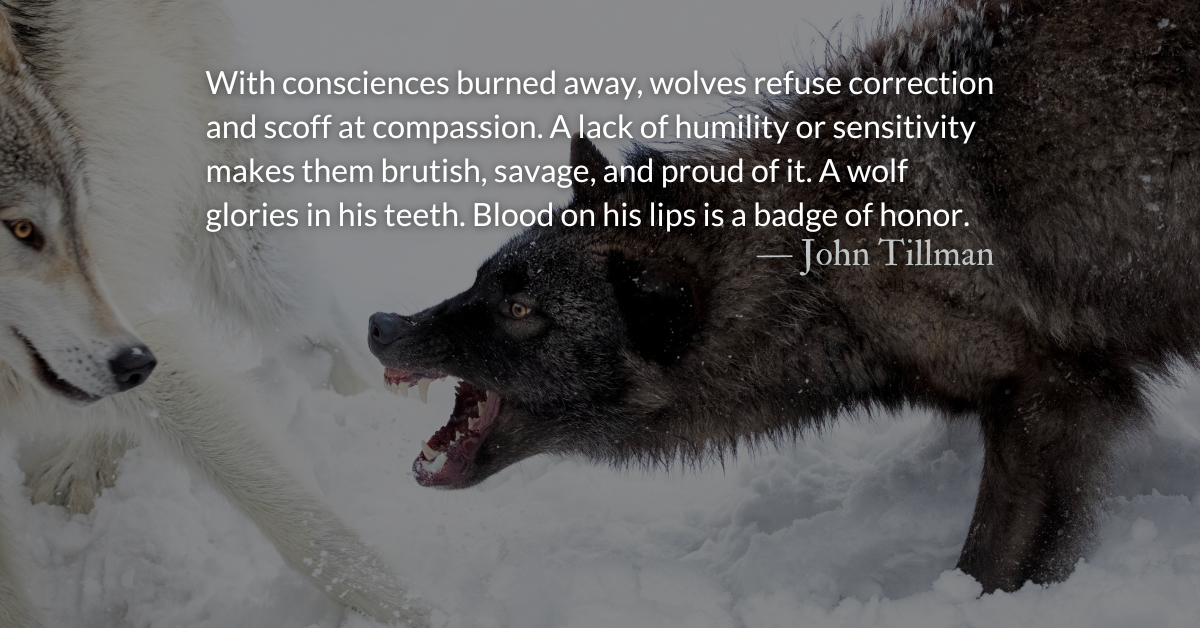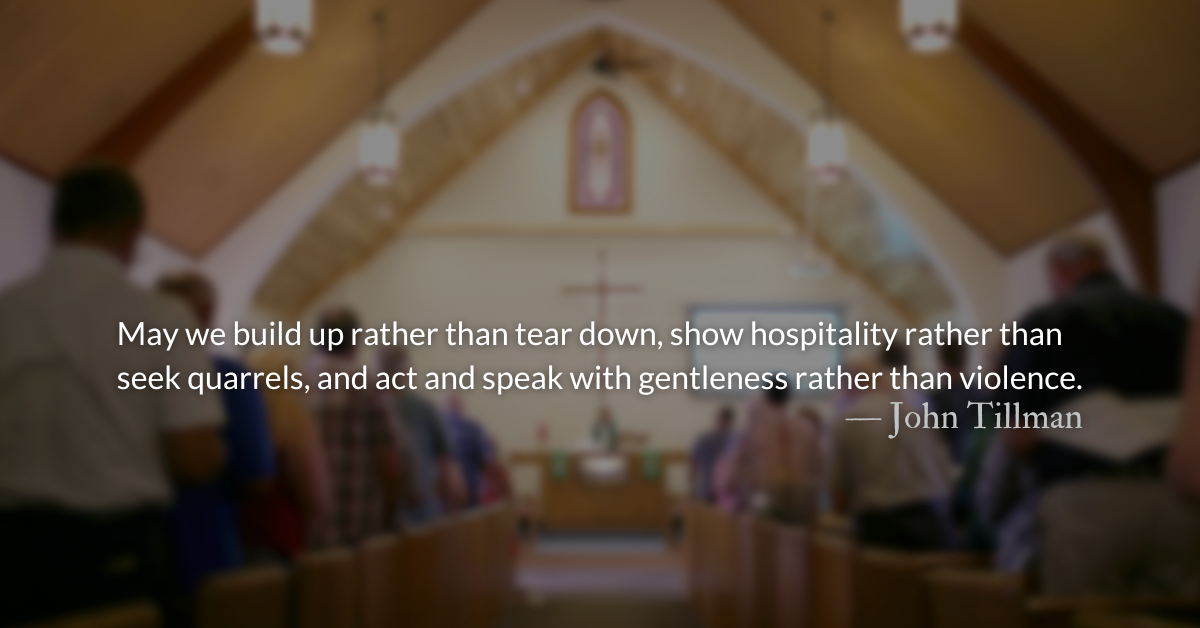Scripture Focus: 1 Timothy 4.2-11
2 Such teachings come through hypocritical liars, whose consciences have been seared as with a hot iron. 3 They forbid people to marry and order them to abstain from certain foods, which God created to be received with thanksgiving by those who believe and who know the truth. 4 For everything God created is good, and nothing is to be rejected if it is received with thanksgiving, 5 because it is consecrated by the word of God and prayer.
6 If you point these things out to the brothers and sisters, you will be a good minister of Christ Jesus, nourished on the truths of the faith and of the good teaching that you have followed. 7 Have nothing to do with godless myths and old wives’ tales; rather, train yourself to be godly. 8 For physical training is of some value, but godliness has value for all things, holding promise for both the present life and the life to come. 9 This is a trustworthy saying that deserves full acceptance. 10 That is why we labor and strive, because we have put our hope in the living God, who is the Savior of all people, and especially of those who believe.
11 Command and teach these things.
Reflection: Hypocrites, Conspirators, and Old Wives Tales
By John Tillman
Paul and Timothy addressed rumors that Jesus had returned and the final resurrection had already occurred. These Gnostic, dualistic, conspiracists forbade the continuation of normal life and demanded the end of marriages, work, and other norms.
We might think anyone would be silly to believe such nonsense until we look around at our own era. Wild rumors, old wives tales, conspiracy theories, and extremism are as rampant now as then.
Some conspiracy theories are political, talking about secret corruption and why you can only trust particular sources. Some are economic, talking about who is profiting, who is losing, and who is really to blame! Some involve justice, talking about statistically rare crime as rampant or statistically frequent crimes as unimportant. Some are religious, talking about who’s secretly a heretic, a Fascist, a Marxist, or a liberal. (Yes, theological conversations are constantly invaded by politicization.)
Conspiracies conveniently prevent questioning their assertions. “If you question it, you must be part of it! You are one of them!” Empathy is banned. Nuance is forbidden. Outrage is applauded. Extreme action is justified. The commonality to every conspiracy theory is this: Fear all others. Trust only us.
When people we know or admire slide into cultish conspiratorial thought, it’s painful. In a very real way, we lose them. They are consumed, eaten up, by their cultish obsession.
Paul challenges Timothy to continue to point out the truth, even in the face of shameless, unconscionable lies. This is for the sake of the church and for the sake of the brothers and sisters in his community.
We should warn people against and help people escape cultish conspiracies. Even when “flesh and blood” oppose us, our struggle is not with them. (Ephesians 6.12) There are spiritual forces that we can only oppose with the gospel and prayer.
Godless myths float about looking for someone to devour. (1 Peter 5.8) Deceiving spirits crouch by our doorways and devices hungering to master us. (Genesis 4.7) Hypocritical liars spin every “fact” to benefit them. (1 Timothy 4.2) They forbid us from good things painted as bad and bid us adopt wicked things painted as good.
“Train yourself to be godly,” Paul says. Without this training, not only can we not help others, we are susceptible. The escape from conspiratorial cults begins with this: Fear no human. Trust in Jesus. Continue pointing to truth, no matter how many point in the other direction.
Divine Hours Prayer: The Request for Presence
In you, O Lord, have I taken refuge; let me never be put to shame; deliver me in your righteousness. — Psalm 31.1
– From The Divine Hours: Prayers for Summertime by Phyllis Tickle.
Today’s Readings
Judges 3 (Listen 4:30)
1 Timothy 4 (Listen 2:05)
Read more about Facing Wolves
In hunting for “wolves” we can injure a lot of sheep. People who hunt wolves often become wolf-like themselves.
Submit a Readers’ Choice post!
#ReadersChoice is a time for you to share your favorite Park Forum posts from the year.
What post helped you grieve?











